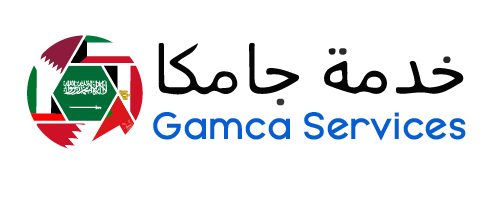
The GAMCA (Gulf Cooperation Council Approved Medical Centers Association) medical examination operates within a legal framework established by the individual GCC countries – Saudi Arabia, UAE, Qatar, Kuwait, Oman, and Bahrain – and coordinated through the Gulf Health Council. This framework aims to protect public health within the GCC by ensuring that individuals entering for work or residency are free from communicable diseases and possess a reasonable standard of health.
Each GCC nation has its own immigration laws and health regulations that mandate pre-entry medical screenings. These laws empower the respective Ministries of Health to set health standards for visa applicants. GAMCA, as an association of approved medical centres in labour-sending countries, serves as the operational arm for conducting these mandatory medical tests according to the protocols defined by the GCC health authorities.
The legal basis for GAMCA’s authority stems from agreements and recognitions by the GCC governments. These governments accredit specific medical centres through GAMCA to conduct the required examinations. This accreditation ensures that the medical assessments are standardized, reliable, and meet the specific health criteria outlined in their national laws.
The specific medical tests required, the criteria for medical fitness, and the list of disqualifying conditions are determined by the health regulations of each GCC country. While there is a general alignment in the focus on communicable diseases like HIV, Hepatitis B & C, Tuberculosis, and Syphilis, subtle variations in stringency and additional tests might exist based on the specific country and the nature of the visa (work, family, etc.).
Furthermore, international health regulations, particularly those outlined by the World Health Organization (WHO), indirectly influence the health screening processes. While GAMCA’s framework is specific to the GCC, it aligns with the broader global efforts to prevent the international spread of diseases.
The legal framework also addresses aspects like the validity period of the GAMCA medical report, the procedures for handling “unfit” cases, and the potential for re-testing in certain situations. These are often defined within the immigration and health regulations of the individual GCC countries.
In conclusion, the GAMCA medical requirements are legally grounded in the immigration and public health laws of each GCC state, with the Gulf Health Council playing a coordinating role. GAMCA itself operates as a recognized body authorized by these governments to implement the pre-entry medical screening process for individuals seeking to enter the GCC region for employment or residency. Understanding this legal framework is crucial for both the aspiring migrants and the authorities involved in facilitating labour migration to the GCC.



